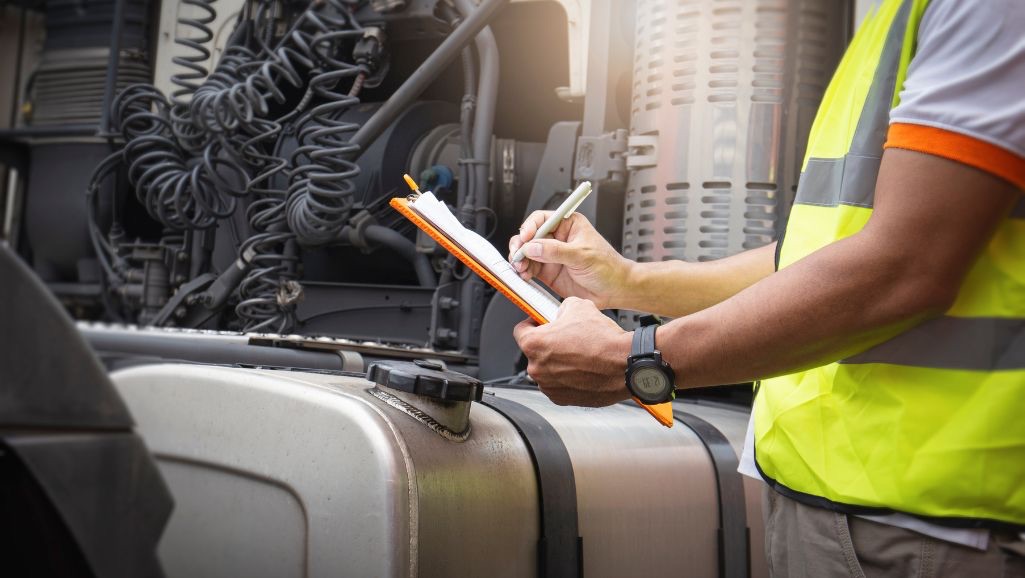 In 2022, there were 168,320 truck accidents, with 76,180 people injured. In 4,766 of these accidents, one or more people died. These accidents cost trucking companies millions of dollars annually, which is why Commercial Truck Insurance is crucial. However, if you want to keep your insurance premiums in check, you need to take steps to minimize the risk of your truck being in an accident.
In 2022, there were 168,320 truck accidents, with 76,180 people injured. In 4,766 of these accidents, one or more people died. These accidents cost trucking companies millions of dollars annually, which is why Commercial Truck Insurance is crucial. However, if you want to keep your insurance premiums in check, you need to take steps to minimize the risk of your truck being in an accident.
According to the Federal Motor Carrier Safety Administration's (FMCSA) Large Truck Crash Causation Study, approximately 10% of accidents involving large trucks are caused by an issue with the vehicle. Pre- and post-trip inspection can help lower the risk of these accidents, reducing truck insurance and other costs. Furthermore, pre and post-trip inspections, along with a Daily Vehicle Inspection Report (DVIR), are required by Federal Motor Safety Regulations (FMCSR).
What is a Pre- and Post-Trip Inspection?
Experts explain, "A pre-trip inspection is a thorough check of your vehicles before they hit the road to ensure everything is working properly. These inspections are designed to detect any potential malfunctions or failure points on the vehicle to both keep your drivers safe and prevent expensive repairs.
"These inspections can be performed by your mechanics before the drivers head out for the day and by the drivers themselves before they get behind the wheel. They should be performed every day that your vehicles are on the road and logged into a central database where they can be accessed and reviewed regularly."
Benefits of Pre- and Post-Trip Inspections
The benefits of pre-and post-trip inspections go beyond lowering Truck Insurance costs. They also help…
- Ensure your trucks are running efficiently and at peak performance
- Minimize the risk of breakdowns by spotting mechanical problems early
- Prevent minor issues from becoming more expensive repairs
- Keep your drivers and others safe
- Keep vehicles from going out of service and drivers on the road
- Maintain compliance with the law
- Save money – insurance costs, more extensive repairs, lawsuits, legal fines, etc.
- Reduce liability
- Assist in claim investigations
- Avoid negative publicity
Pre- and Post-Inspection Tips
Smart Trucking offers a comprehensive pre-inspection guide for truck drivers, but here are some things to check:
- Service brakes, including trailer brake connections
- Parking brake
- Steering mechanism
- Lights, reflectors, and signals
- Tires
- Suspension
- Coupling devices
- Wheels and rims
- Fluid levels
- Belts and hoses
- Electrical and air lines
- Gauges
- Air brake warning system
- Seat belts
- Horn
- Windshield wipers
- Rear vision mirrors
- Emergency equipment
- Applicable paperwork
Additional Tips:
- Use a calibrated tire gauge (not the kick test)
- Double and triple-check the brakes because 30% of vehicle component failure truck accidents are attributed to brake problems.
- Develop a routine for pre- and post-inspections.
- Budget at least 10-15 minutes.
- Keep accurate logs.
- Report potential problems immediately.
More Tips to Keep Your Vehicles Safe and at Peak Performance
Keeping your trucks safe and at peak performance should be an ongoing process and not end with the pre- and post-inspection. Here are some additional tips:
- Inspect your vehicle when you stop for fuel (some drivers are required to do this by law).
- Use all of your senses while driving to detect problems – listen for odd noises, pay attention to unusual odors, and notice if the handling or braking seems off.
- Regularly change the oil.
- Replace brakes about every 50,000 miles.
Don't Overpay For Truck Insurance!
The Truck Insurance experts at American Insuring Group ensure you get the right insurance coverage for your specific needs. As independent agents, we compare the cost of that coverage with multiple insurance companies to make sure that you don't overpay for Truck Insurance!
Call us today at (800) 947-1270 or (610) 775-3848, or connect with us online.



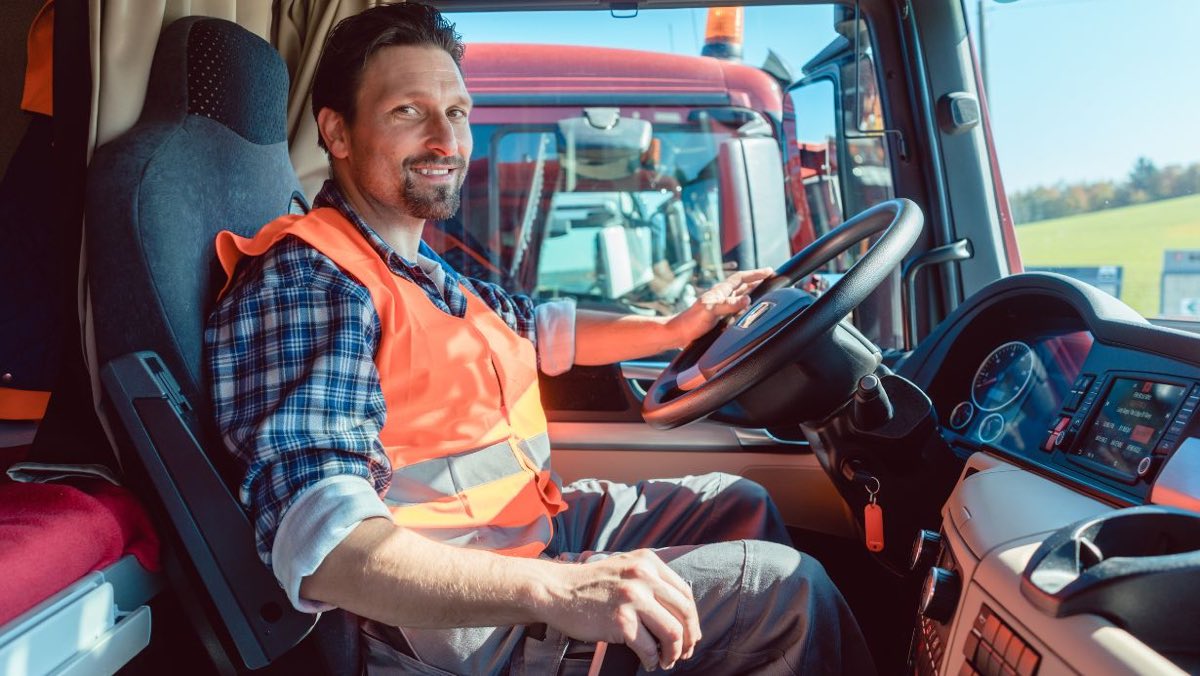 One way to lower
One way to lower 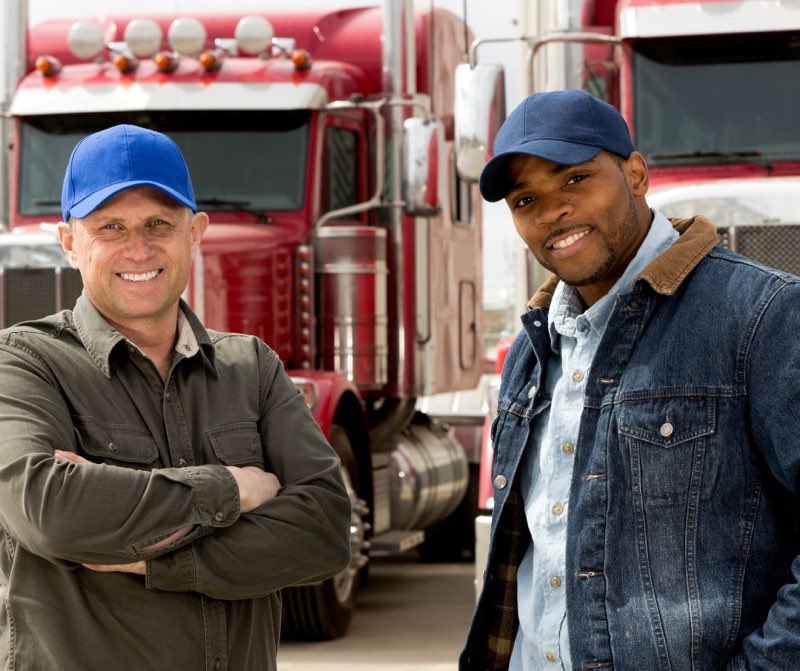
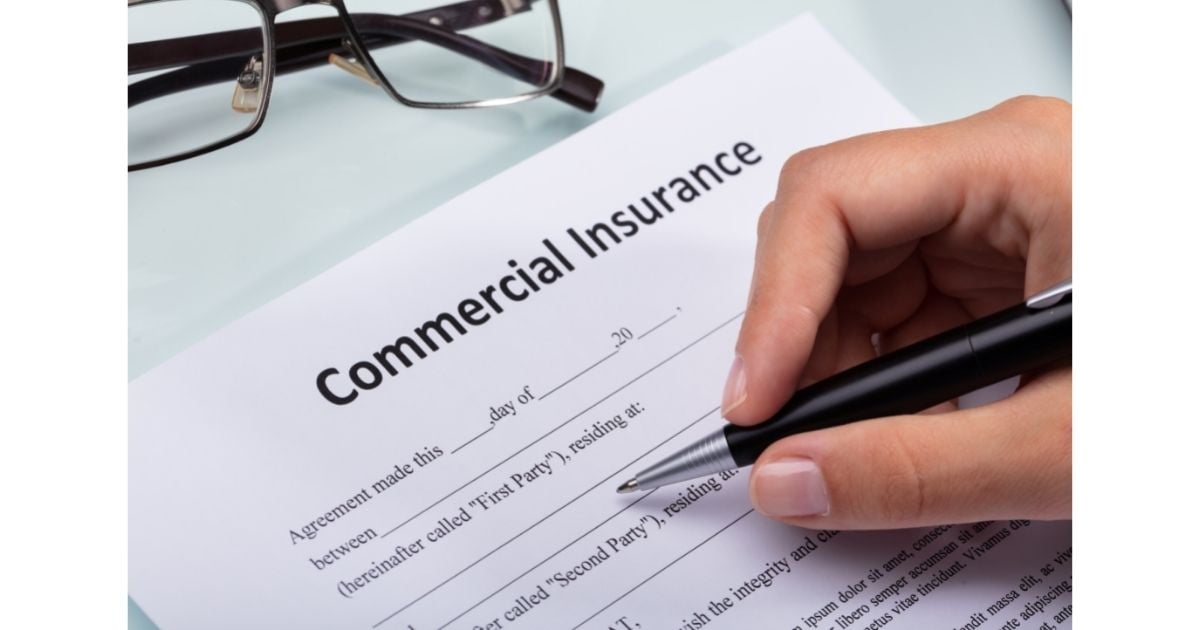 Owning a small business can be an extremely rewarding experience, but it also comes with its share of risks that can impact the success of your business – employee injuries, fires, lawsuits, thefts, and the list goes on.
Owning a small business can be an extremely rewarding experience, but it also comes with its share of risks that can impact the success of your business – employee injuries, fires, lawsuits, thefts, and the list goes on. The right
The right  If you want to protect your restaurant, you need the right
If you want to protect your restaurant, you need the right 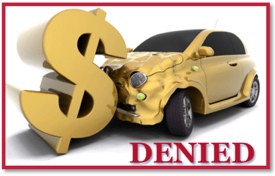 Picture this: a pizza delivery guy, a shuttle driver (sole-proprietor of the business), and an independent landscaping contractor collide into each other at the intersection of First and Main.
Picture this: a pizza delivery guy, a shuttle driver (sole-proprietor of the business), and an independent landscaping contractor collide into each other at the intersection of First and Main. Personal vehicle insurance
Personal vehicle insurance



